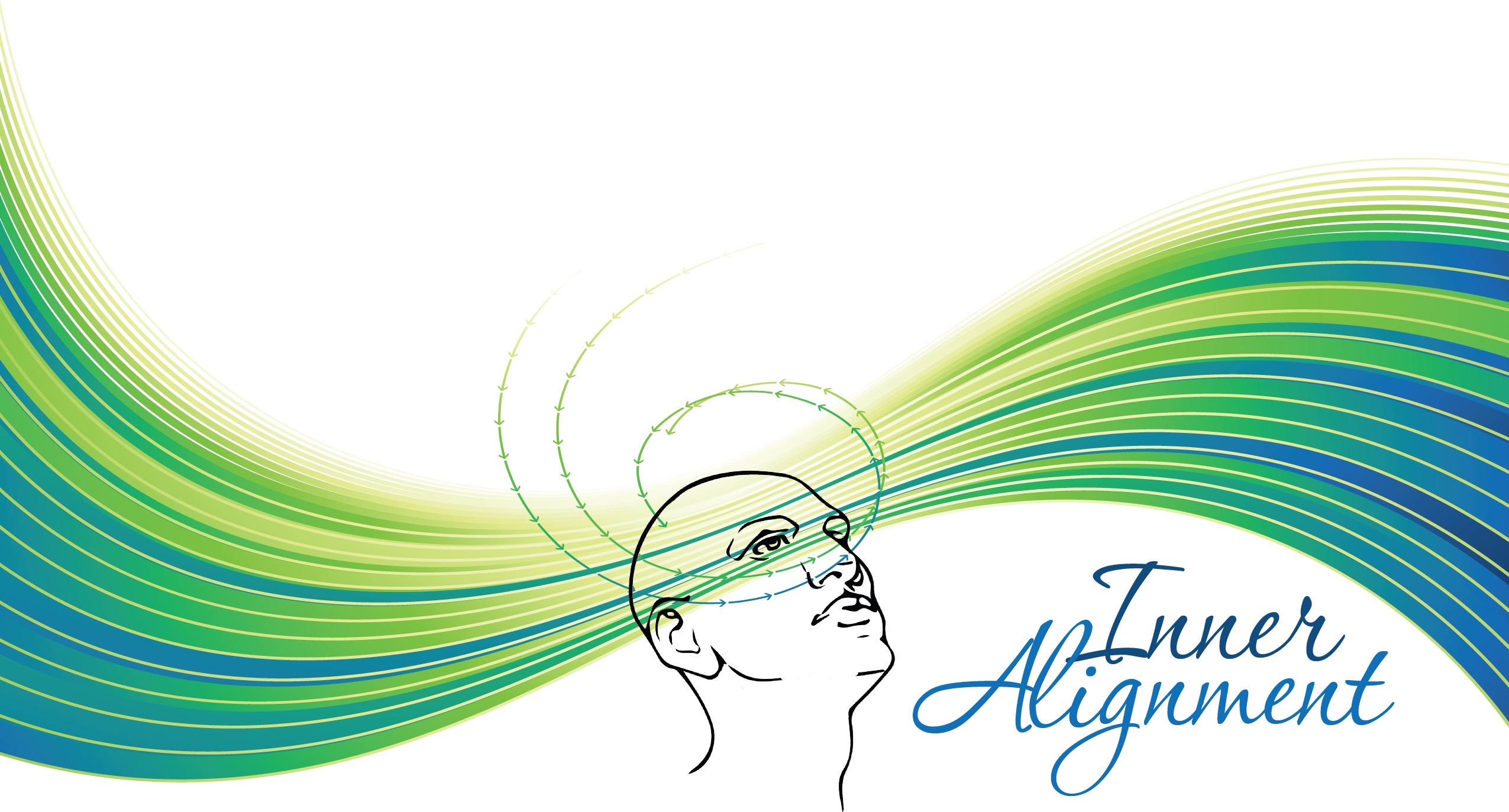Using a combination of Hypnosis, Hypnotherapy, Neuro Linguistic Programming (NLP) and Time Line Therapy, host of underlying factors can be addressed across a wide range of personal issues and states
Hypnotherapy and NLP have a wide range of applications. Below are just some of areas I can help you with ;
- Quit Smoking
- Weight Loss Management
- Pain Management
- Address Unwanted Emotional States
- Curb binge eating, drinking & fixation on certain foods
- Past Life Regression
- Sleep Management & Insomnia
- Increase Motivation & Self Confidence
- Reduce Anxiety & Stress
- Get rid of Phobias (fear of Flying, Heights, Dogs, Insects, etc)
- Behaviour Modification
- Break unwanted habits
- Nail Biting
- Bed Wetting
- Phantom Pain
- Sports Performance
Clinical Hypnotherapy
Hypnosis safely allows access to the subconscious part of the mind to unlock unwanted programming, usually from our past, and effectively implanting a new program to create our desired outcome and future.
The process takes one to a deepened state of relaxation using various techniques. Typically a person’s level of alertness will vary between the following ;
– Beta (13-26 Hz) Alert concentration and problem-solving
– Alpha (8-13 Hz) Alert relaxation
– Theta (4-7 Hz) Deep relaxation and increased learning
– Delta (1-3 Hz) Deep sleep
A person undergoing hypnosis will be taken through the levels of Alpha and with the intention of getting them to and maintaining at the Theta level, a process which necessitates the disassociation of the conscious mind from the subconscious mind.
This when achieved, the alertness and responsiveness of the subconscious mind comes into play while the conscious mind is either distracted or said to be “out for lunch’. With the usual resistance of the conscious mind now bypassed the subconscious mind is then addressed in getting rid of unwanted patterns while new & positive verbal suggestions are directed into the subconscious mind to effect beneficial changes which take place eventually after the subject is back into a fully alert stage.
An example of the process would be literally to have a conversation with the subconscious mind in it identifying triggers, patterns or underlying issues related to issues on hand and with its consent, using a variety of techniques, diffusing these or remap the neurological pathways on those to a more positive outcome.
The next step, naturally depending on the nature of the issue, is provide the mind with a strategy / perspective (pre-agreed with the client) to deal with the situations at hand and those that come up subsequently . These are then implanted as a suggestion into the subconscious mind for it to register “program’ for desired thought processes and behavior. The eventual outcome is that changes will seem very real and present to the conscious mind and the conscious mind will believe, accept and act upon it, a case in point, a ritual Smoker, now believing he/she is now a Non-Smoker, have no need or desire for cigarettes.
More questions about Hypnotherapy ? … Click Here
Clinical Hypnotherapy and Cancer patients

Being the first of its kind in Australia, SolarisCare Cancer Support Centres are integrated with mainstream medical care and aim to provide patients with practical skills to cope with the emotional and physical side effects of chemotherapy, radiotherapy and surgery.
They offer free support, information, education and complementary therapies to cancer patients and their primary carers with the aim is to improve the quality-of-life of cancer patients and their carers in providing the support to cope with the emotional and physical side effects of cancer diagnosis, treatment and recovery.
Dr David Joske, Head of Haematology at Sir Charles Gairdner Hospital, founded the SolarisCare Foundation in September 2001 for the specific purpose of providing “a soft place to land” for West Australian cancer patients and their carers. Although excellent resources have long been available to treat cancer medically, Dr David Joske, Consultant Haematologist at SCGH, recognised that the emotional and supportive care needs of cancer patients and their families were often overlooked.
Clinical Hypnotherapy has proven to be an effective intervention in addressing issues with cancer patients (& their carers) in dealing with the stresses, emotional and mental challenges resulting from undergoing cancer, its treatment and getting on with life the best they can. I’ve also helped patients, deal more effectively with physiological symptoms resulting from cancer treatment, like nausea, skin issues, sleep issues, etc.
“Tony, you hypnotized me at SolarisCare. Just giving you feed back, that within that time, I have met a man (that’s not an idiot), and after 8 yrs of separation, received divorce papers, now on the road to settlement. I am certain these 2 things would not have aligned at the same time without the hypnosis. I am at peace with the process, something I know I would not have achieved otherwise.”
…. Amanda H
Neuro-Linguistic Programming (NLP)
NLP is essentially about behavioral modelling which means that any task or skill done well (or excellently) can be decoded and replicated so that others can learn to do the same skill or task. It can be applied as a science of reprogramming one’s mind or a set of processes / practices for impacting thinking, behaviors and expressions.
Unlike Hypnosis the client is in a more conscious state during a therapy session, as someone once commented, its more towards a “talky talky” session as compared to deepened trance state of a Hypnotherapy session.
NLP explores the relationship between how we think (neuro), how we communicate both verbally and non-verbally (linguistic) and our patterns of behavior and emotion, hence ;
Neuro: Our nervous system, brain/mind and how that interacts with the body.
Linguistic: The words and language we use. Language can be verbal and non verbal.
Programming: Is the habits of thought (often unconscious) that lead to habits of behaviour. By discovering these with NLP you can then decide whether they work well for you or lead you to be unhappy and unfulfilled. This places you in a great position of CHOICE about whether you would like to change them.
NLP can be applied in (but not limited to) the following areas:
Coaching, therapy and counselling to accelerate the changes with clients by looking at the processes that underlie a particular pattern, emotion or habit.
Education and training to promote and accelerate learning and memory. NLP is also a valuable tool for teaching and design methods.
Personal development to remove unresourceful emotions and patters while promoting confidence and self esteem.
Business to enhance communication and negotiation skills.
Sports to enhance performance.
Parenting to assist in clear communication with children from the start.
My therapy sessions apply the principles, concepts and processes of NLP and when combined within a Hypnosis session, it proves to be an truly effective modality for desires outcomes.
More about NLP ;
The Australian Board of Neuro-Linguistic Programming
To book in an appointment, click below or enquire more, please do give us a call on 0421 6858 66 or email us at info@inneralignment.com.au .




